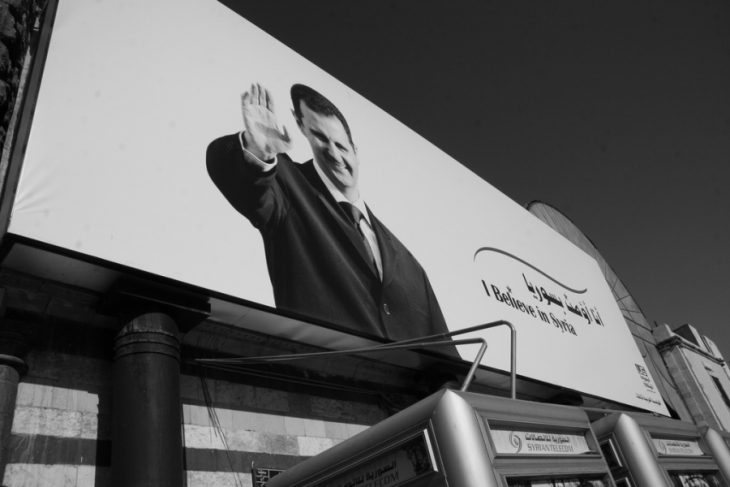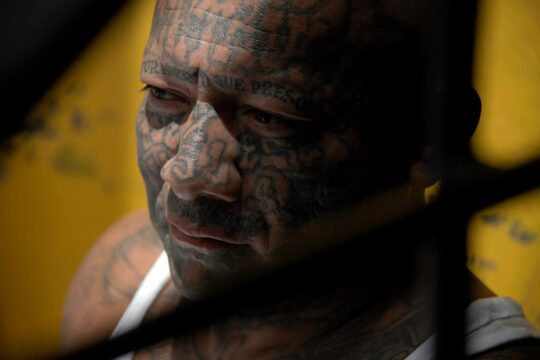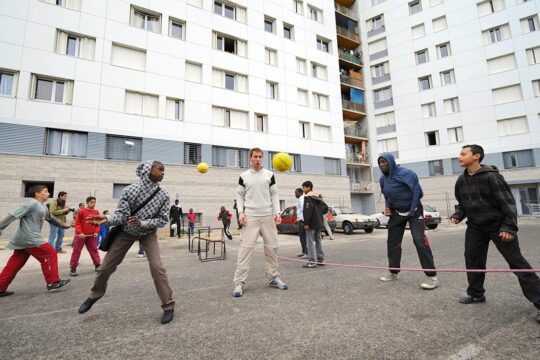Is a first trial in Europe against the regime of Syrian President Bashar Al Assad likely? It looks more so after Spanish state prosecutor Javier Zaragoza officially registered a complaint filed by a woman of dual Syrian and Spanish nationality.
She accuses members of the Syrian security services of having tortured her brother to death near Damascus. “This is the first time that allegations have been made to a court of `acts of State terrorism` by the current Syrian administration,” writes François Musseau, JusticeInfo’s correspondent in Madrid.
Leading prosecution evidence in this case comes from a former member of the Syrian intelligence agencies codenamed “Caesar” who managed to smuggle out of his country nearly 55,000 photos showing some 6,700 wasted bodies bearing the marks of torture. Caesar is also in a “safe” place somewhere in Europe. “These documents represent key evidence of the regime’s brutality as well as being vital to help relatives of torture victims identify their loved ones,” says François Musseau.
Reconciling Gambians
Whilst Syria is not yet free of Bashar Al Assad, the small West African country of Gambia can at last breathe free after its 22-year president Yahya Jammeh went into exile last month. But here too there is an issue of justice for the victims of numerous crimes committed under the regime of the dictator, now comfortably ensconced in Equatorial Guinea. So will new president Adama Barrow seek to bring his predecessor to justice? “It will probably not be him, nor his government during its short mandate,” writes Maxime Domegni, JusticeInfo’s West Africa correspondent. “The current task of the administration is to effect a smooth transition within a three-year period.”
“On the other hand, the new government is promising to launch a transitional justice process,” he continues. This means, in the Gambian context, introducing a number of mechanisms to seek the truth about the past, so as to heal the wounds left by Jammeh’s dictatorship, overcome tensions between those who were favoured and those who were left aside and calm hatred between perpetrators and victims, with the ultimate goal of reconciling Gambians, who can now dream of democracy after 22 years of brutal dictatorship.
Even if this definition of transitional justice as it was understood a decade or so ago can still apply to Gambia, the concept has now changed with the march of history, notes Pierre Hazan, JusticeInfo editorial advisor and associate professor at the University of Neuchâtel.
The new challenge of transitional justice
“Apart from a few exceptions, including the fragile Tunisian democracy, transitional justice is no longer there to mark the path to a democratic State. But transitional justice is not obsolete, even if it has lost its initial purpose. The mechanisms of transitional justice have become an essential part of processes to end conflict,” writes Hazan, citing the examples of Colombia, the Central African Republic and Mali.
The inclusion of these tools is a response to the fact that fifty percent of peace agreements collapse within ten years because of ongoing impunity. “Hence the need to end this vicious circle by strengthening rule of law and good governance, and gradually marginalizing the warlords,” Hazan continues. “This is what is now at stake in transitional justice and the tools it has forged, such as Truth and Reconciliation Commissions, international tribunals, reparations programs and vetting processes for ex-combatants of armed groups wishing to join the State security services, to ensure that they have not committed war crimes.”






